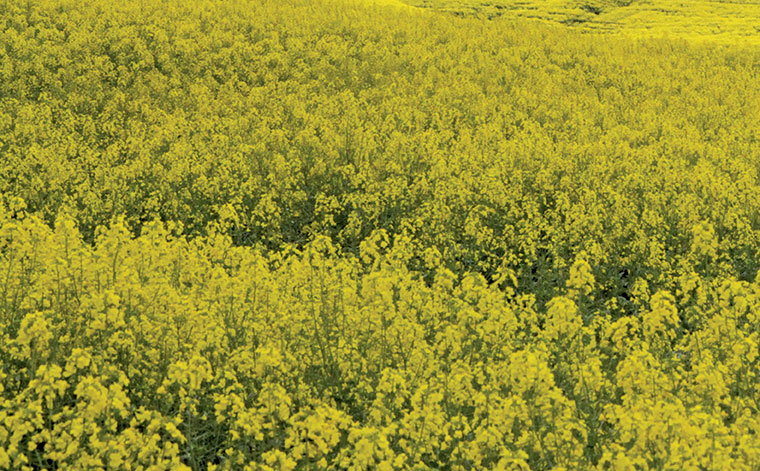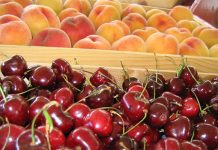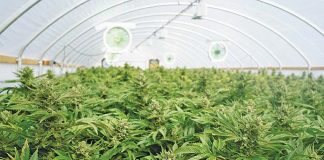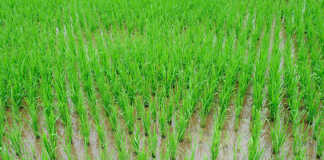
Copa Cogeca, an EU agricultural co-operative union, said there is no need to limit the authorisation to 10 years because the European Food Safety Authority (EFSA) and the European Chemicals Agency (ECA) had reportedly given glyphosate a positive assessment.
A fact sheet issued by the EU Commission found that glyphosate was the most widely used active ingredient in herbicides worldwide, including in the EU. Glyphosate was originally developed and patented by Monsanto in 1974.
In recent years there has been an increase in concerns regarding glyphosate’s impacts on human health.
Glyphosate was first authorised for use in the EU in 2002. However, from 2012 the EU began intensive testing to independently determine whether glyphosate posed any risks to human health.
In 2015, the World Health Organization’s (WHO) International Agency for Research on Cancer classified glyphosate as “probably carcinogenic to humans”.
However, more recently the EFSA and ECA have said that glyphosate is unlikely to be carcinogenic to humans.
The EU Commission found that while glyphosate did not appear to pose health risks to humans, it recommended that its 28 member states only use glyphosate-based herbicides without the potentially toxic co-formulant, POE-tallowamine.
The EU Commission also recommended that using glyphosate-based products be minimised in public parks, public playgrounds, gardens, and on farms close to crop harvesting.
“It must be noted that it is primarily the responsibility of member states to decide upon and enforce such measures,” the EU Commission said.
Pekka Pesonen, Copa and Cogeca secretary-general, said his organisation could not understand why the Commission was pushing to limit glyphosate’s use to 10 years instead of the full 15 years before the ingredient’s use needed to be re-evaluated.
“Both EFSA and ECHA have published strong scientific evidence that supports full re-authorisation of this widely used active substance for 15 years since there are no safety concerns,” he said.
He said the EU Commission wanting to limit glyphosate’s use to 10 years before re-evaluation undermined the EFSA and ECHA’s credibility. It also put EU farmers “in a less competitive and uncertain position vis-à-vis their competitors in non-EU countries”.
Pesonen said glyphosate helps EU farmers to produce safe, affordable, quality food.
“Its use is also essential together with catch crops to prevent soil erosion and reduce greenhouse gas emissions,” he added.
The EU Commission said it would continue to work with EU member states to “find a solution that enjoys the largest possible support and ensures a high level of protection of human health and the environment – as provided for by the EU legislation – that is based on the scientific data available and that is legally sound”.













